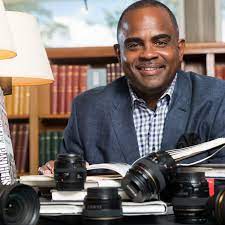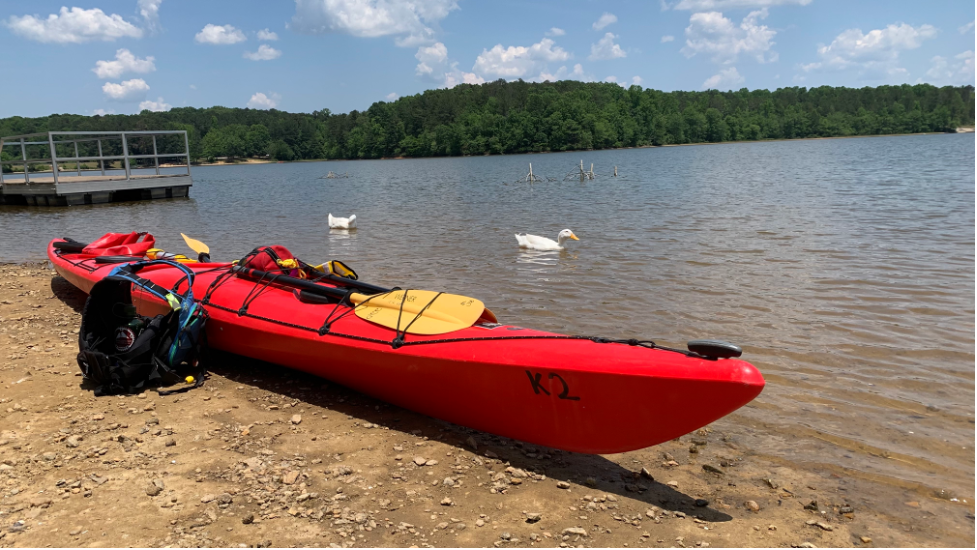
Doing the New to Create the New: Kayaking and Course Creation
We get that email from the library staff asking for our book selections for our upcoming course. We have taught the course before, so the library is kind enough to send the list of books we used the last time. In most cases we use the same books, but from time to time we add a new selection. Our courses look the same, they sound the same, and in many instances we teach the same books that we were taught. We can become complicit in petrifying the canon. Even if it is a new canon, it becomes constrictive and many of our courses privilege reading. We start with “books.”
What if we started with the visual, sound, and look of the course? What if we were bold enough to do something we had never dreamed of doing in a course, designing experiences that were inherently transformative? I propose that if we are to do the new, the challenging, the daring, the unusual, we have to expose ourselves to the new in our daily life and practice: my wife and I dared to kayak! We had never kayaked before but as our practice is to do the new in the schools that we serve, we are doing new things that will make us new. Things that will expand us and transform us.
We took an REI Class on kayaking at Sweet Water Creek State Park in Atlanta. The park is only thirty minutes from our home but when we’re on that lake it feels like we’re miles away. In doing the new, we are becoming new. Becoming new naturally pushes me to try the new, to experiment and develop classes that take students out to kayak with me. While we might not literally kayak, we will do the new, the different, the exciting. The more we do the new, the more we will try the new. Try something new and exciting that takes you out of your comfort zone and see how these experiences transform your teaching!

Leave a Reply